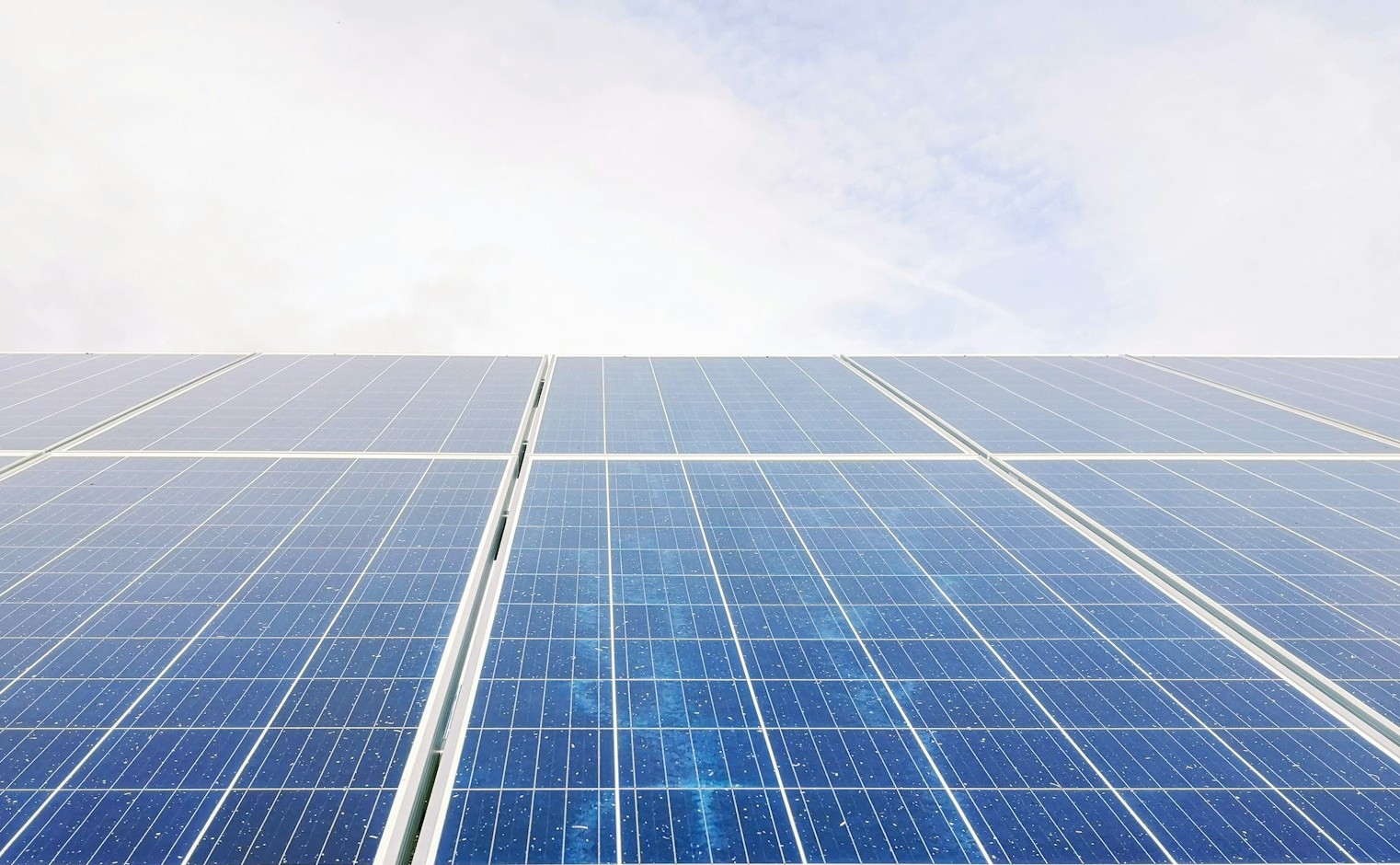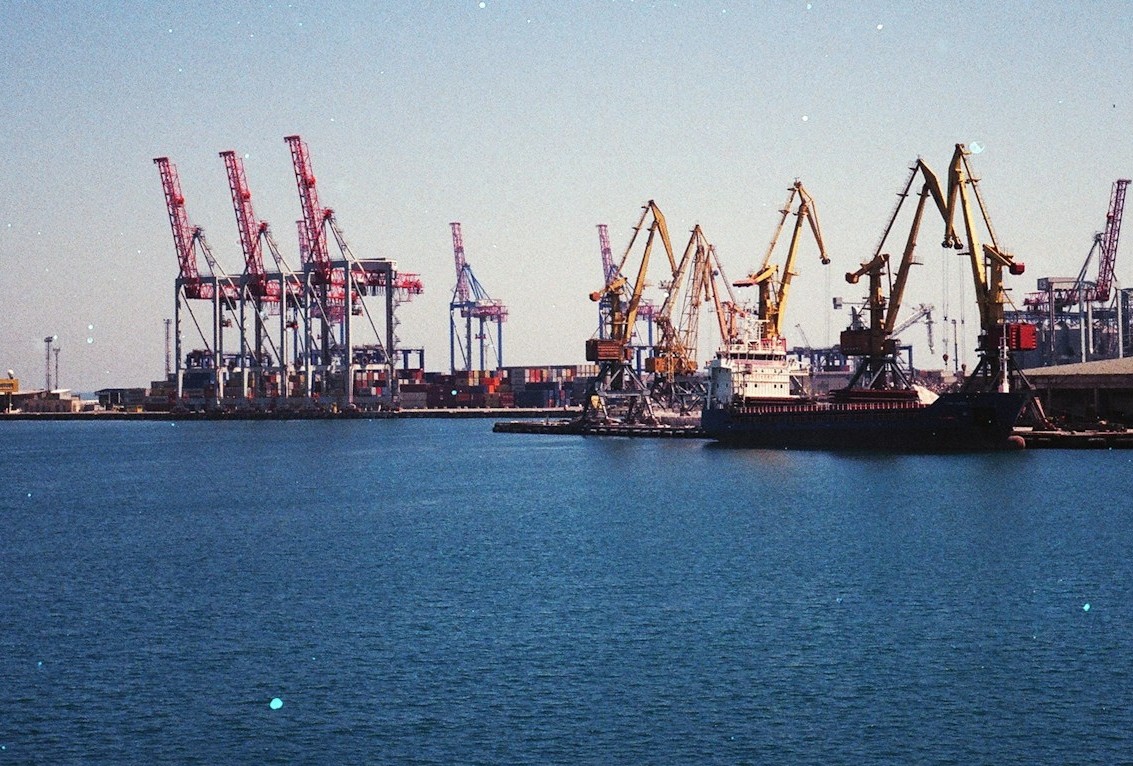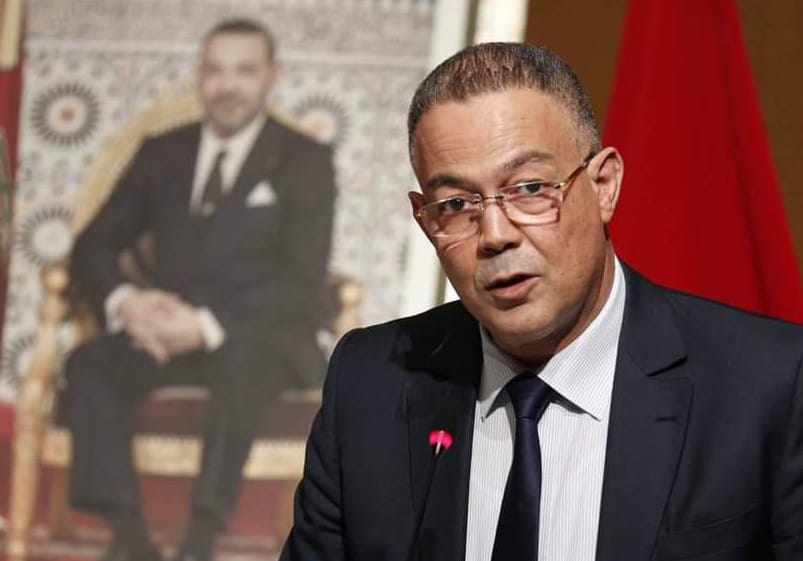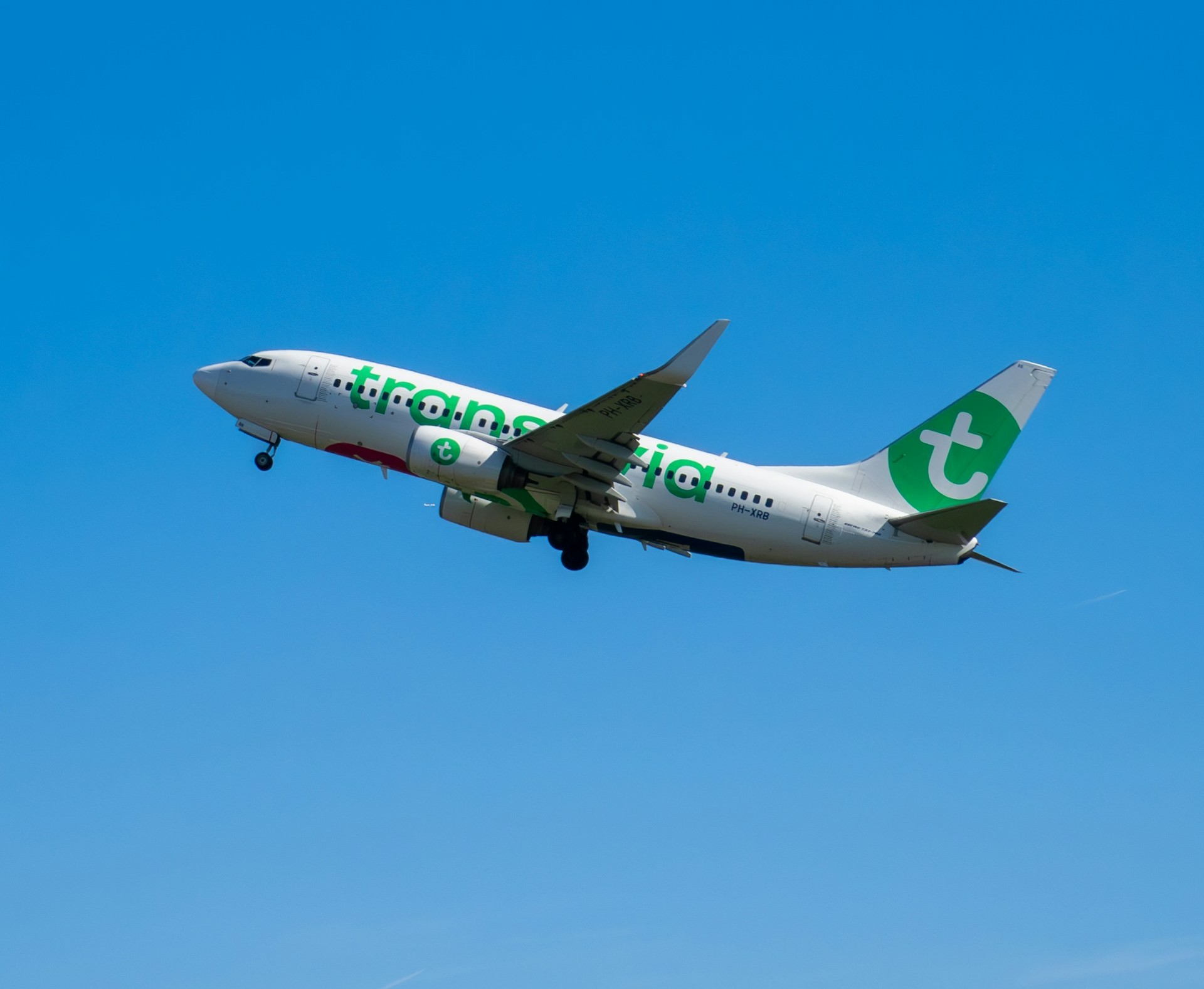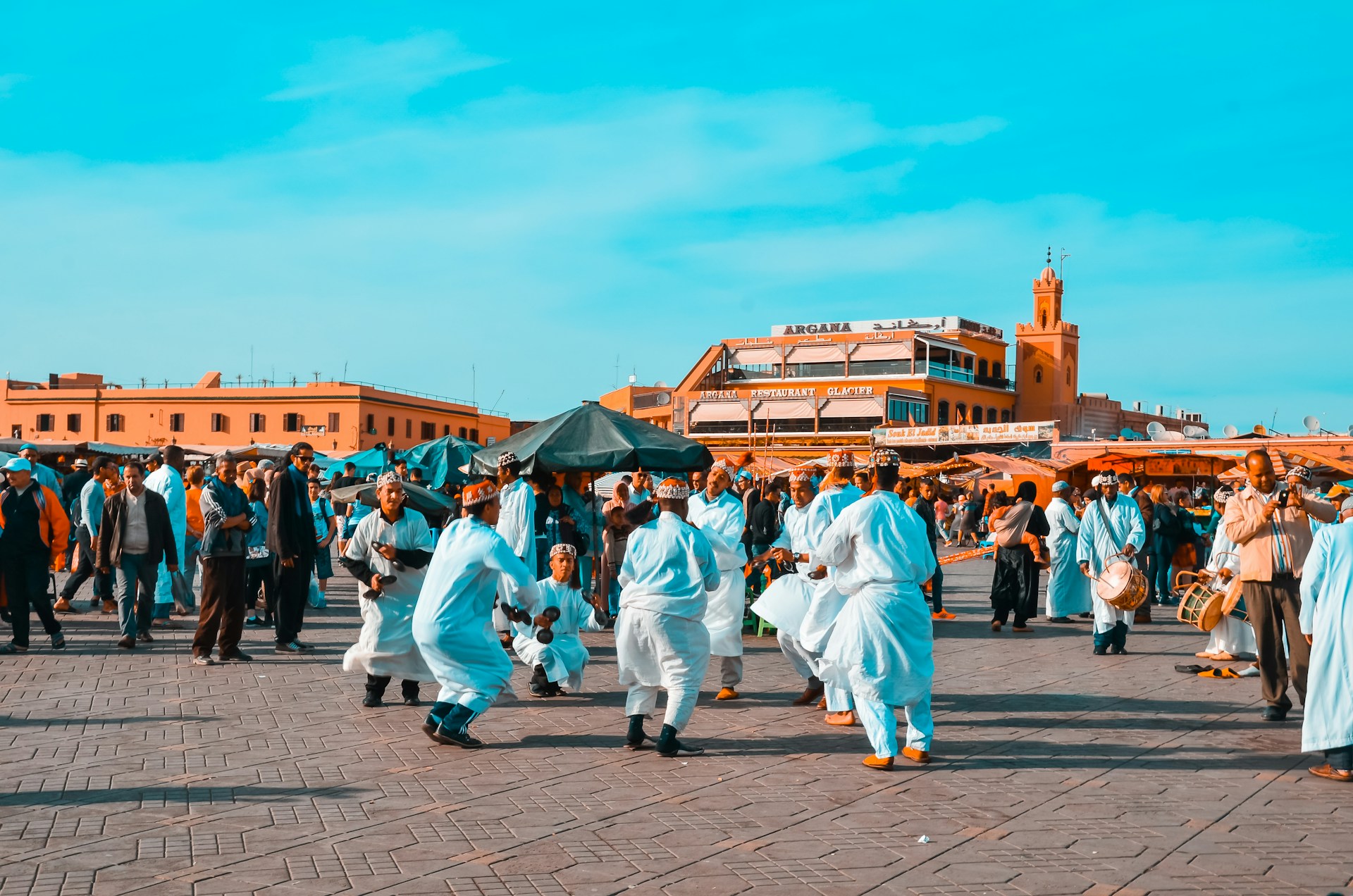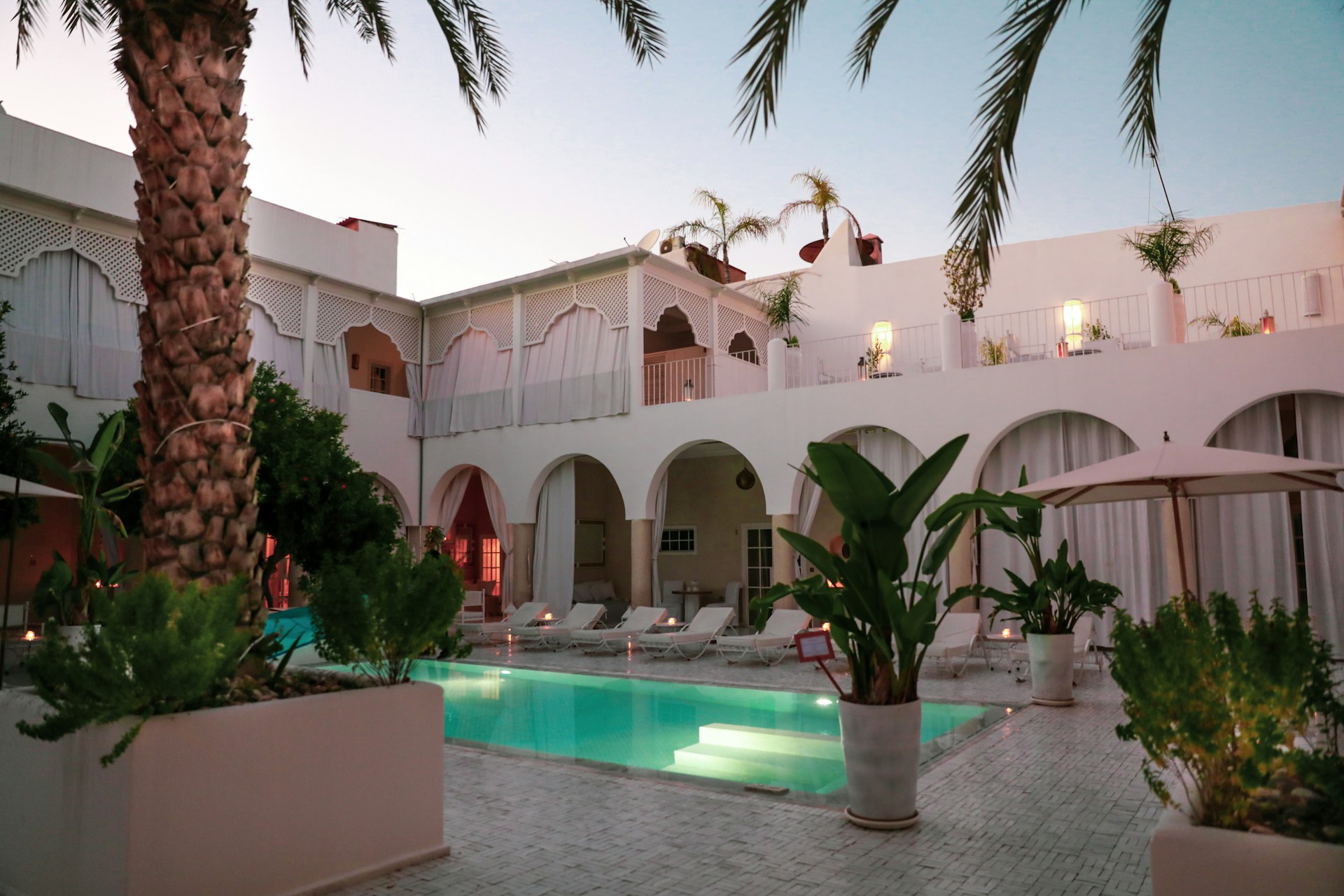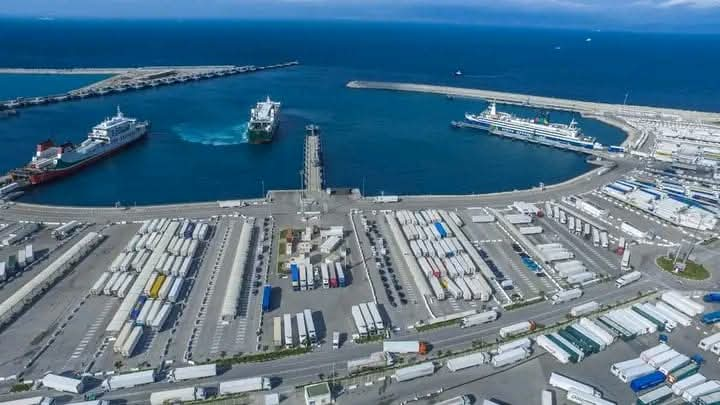Casablanca – Despite its repeated commitments to renewable energy and its image as a regional leader in green initiatives, Morocco has slipped five places in the World Economic Forum’s (WEF) Energy Transition Index (ETI) for 2025. The country now ranks 70th out of 118 nations, with a total score of 53.7 out of 100, reflecting persistent challenges in its efforts to build a sustainable and resilient energy system.
The ETI, developed in partnership with Accenture, evaluates countries based on the current performance of their energy systems as well as their readiness to transition toward cleaner, more reliable, and more equitable energy sources. The index uses three main performance dimensions—energy security, equity, and environmental sustainability—and five readiness indicators: regulatory framework, infrastructure, investment, innovation, and education.
Regional and global standing
Morocco ranks 70th globally, trailing Tunisia, which leads the Maghreb at 62nd with a score of 54.6. Morocco’s 53.7 points place it ahead of Egypt, ranked 74th (53.1), and Algeria at 89th (50.7). Across the broader MENA region, the United Arab Emirates holds the highest position at 48th, followed by Saudi Arabia and Qatar in 60th and 75th places, respectively.
Globally, Sweden maintains its top position with a score of 77.5, followed closely by Finland and Denmark. China reached its highest ranking ever at 12th, driven by strong innovation and investment in clean energy. The United States ranks 17th, benefiting from robust infrastructure and diversified energy sources.
In contrast, the Democratic Republic of the Congo sits at the bottom of the index, in 118th place.
Performance highlights and deficiencies
According to the report, Morocco performs moderately well in the current energy system category, earning 58.6 points. This reflects significant progress in expanding electricity access, reducing blackouts, and ensuring more equitable distribution of energy across regions.
However, the country’s readiness score tells a different story. Morocco scored just 46.4 in this category, underlining shortcomings in infrastructure development, investment momentum, workforce preparedness, and technological innovation. The education and skills sub-index was particularly concerning, with Morocco scoring only 18.4—one of the lowest among countries surveyed.
The report notes that while Morocco has enacted policies and regulatory frameworks supporting energy transition—evidenced by a high score of 72.2 in political commitment—these have yet to translate into tangible improvements on the ground. Investment levels remain below what is needed, infrastructure lags behind demand, and human capital in the energy sector is insufficient.
Ambitions vs. reality
Morocco has long positioned itself as a future hub for renewable energy in Africa, with large-scale projects in solar and wind power, such as the Noor Ouarzazate solar complex. The government’s goal is to source over 50% of its electricity from renewables by 2030.
Yet, the ETI 2025 report suggests that current efforts are not enough to meet global benchmarks. Despite doubling clean energy investment levels since 2020—now exceeding $2 trillion globally—these amounts remain far below the $5.6 trillion needed annually through 2030 to achieve net-zero targets. Morocco’s share of these investments remains relatively modest, and the country still depends significantly on imported energy.
Global context and structural barriers
The energy transition worldwide continues to be challenged by rising demand. In 2024, global energy demand increased by 2.2%, driven in part by the growth of AI and digital infrastructure, particularly data centers. While renewable energy sources and efficiency measures have expanded, energy-related CO₂ emissions still reached a record 37.8 billion tonnes last year.
For Morocco, the mismatch between ambitions and outcomes stems from a range of structural barriers. These include limited grid capacity, underdeveloped storage systems, bureaucratic delays in project implementation, and a lack of coordination between public and private sectors. Additionally, rural areas remain underserved, and efforts to reduce external energy dependence have not yet delivered transformative results.
Path forward
The World Economic Forum recommends that Morocco and similar economies prioritize tailored, local solutions, including accelerating innovation, modernizing energy networks, and enhancing the role of artificial intelligence and smart grids in optimizing energy systems.
It also emphasizes the need for long-term investment strategies, robust human capital development, and regulatory clarity to support a more resilient and sustainable energy sector.
For Morocco, the 2025 ranking serves as a reminder that while progress has been made, particularly in renewable infrastructure and access, a much broader and deeper transformation is still required. Without a coordinated push on education, technology, and financing, the country risks falling short of its energy transition goals—even as it remains one of the most ambitious players in the region.






